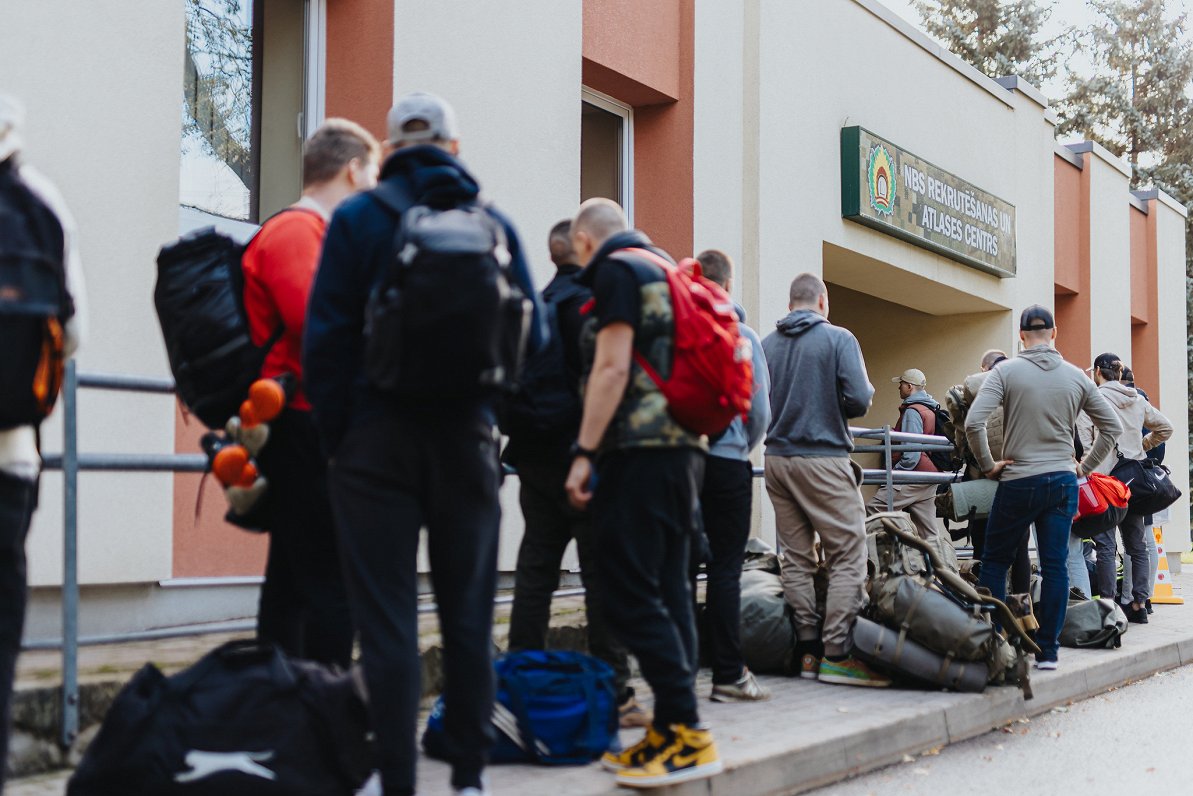Until now, the NBS has focused mainly on increasing the composition rather than on quality issues, which are essential for the NBS Reserve to contribute to the NBS tasks, the audit concluded.
The VK explained that in the NATO defence system, the reserve of the armed forces of the Member States plays an important role, because no country can create a professional army large enough to go without a reserve force in a situation of threat to the country.
After the introduction of the professional service in 2007, other priorities for the development of the NBS have been at the forefront and so far targeted steps for further development of the reserve system have fallen behind, the VK said.
The NAF Reserve is one of three military formations that, along with regular forces (professional service soldiers) and the National Guard, form the NBS. The NBS Reserve consists of Latvian citizens subordinate to the military service – reserve soldiers and reservists.
Reserve soldiers are Latvian citizens who have military training experience (retired soldiers, former national guardsmen, soldiers of the State Defence Service after the termination of the State Defence Military Service, etc.). Reservists are all Latvian male citizens between the ages of 18 and 60 and are valid for military service, as well as women who have expressed their wish to be reservoirs in reservists with the abovementioned criteria.
While the two categories differ in military preparedness and obligations in peacetime, both are called into active service in the event of mobilization.
VK Council Member Kristīne Jaunzeme said it was important to improve the operation of the reserve system by creating a training system for reserve soldiers that would allow regular maintenance of military skills, as well as the establishment of modern data records that would allow rapid and convenient attainment of reserve personnel at any time.
Jaunzeme said the introduction of the mandatory State Defense Service, during which a significant number of troops will join the NBS, is a favorable time for the reserve system to be sorted out.
In situations of state threat, reservists are meant to participate in state defense, so the NBS Reserve needs to work already in peacetime, training as much of the public as possible in military skills, the VK noted. “Human resources are an essential part of mobilization, and in the case of mobilization, a large portion of the public, whose daily lives are not about defense, would join the NBS,” the VK said in a report after the audit.
The audit concluded that until now, the build-up of the reserve system has focused mainly on the numerical increase in the reserve composition and less resources on the qualitative issues of the reserve, which is essential for the reserve to contribute to the performance of the tasks of the NBS.
At the same time, the VC positively evaluated the organization of voluntary training of reservists since 2018, which has been particularly intensified after the Russian invasion of Ukraine.
In order to recruit reserve soldiers and reservists into the active service, it is important to obtain accurate data at an expeditious pace, therefore it is necessary to improve and ensure modern records of data that allow rapid and convenient reaching of reserve personnel, the VK concluded.
After the audit, the VK has provided recommendations, implementing which the Ministry of Defense in cooperation with the NBS will develop proposals for the development of the reserve in the long term, define principles for training all categories of reserve personnel, as well as establish a system for the accounting of reserve personnel conforming to modern requirements.





























